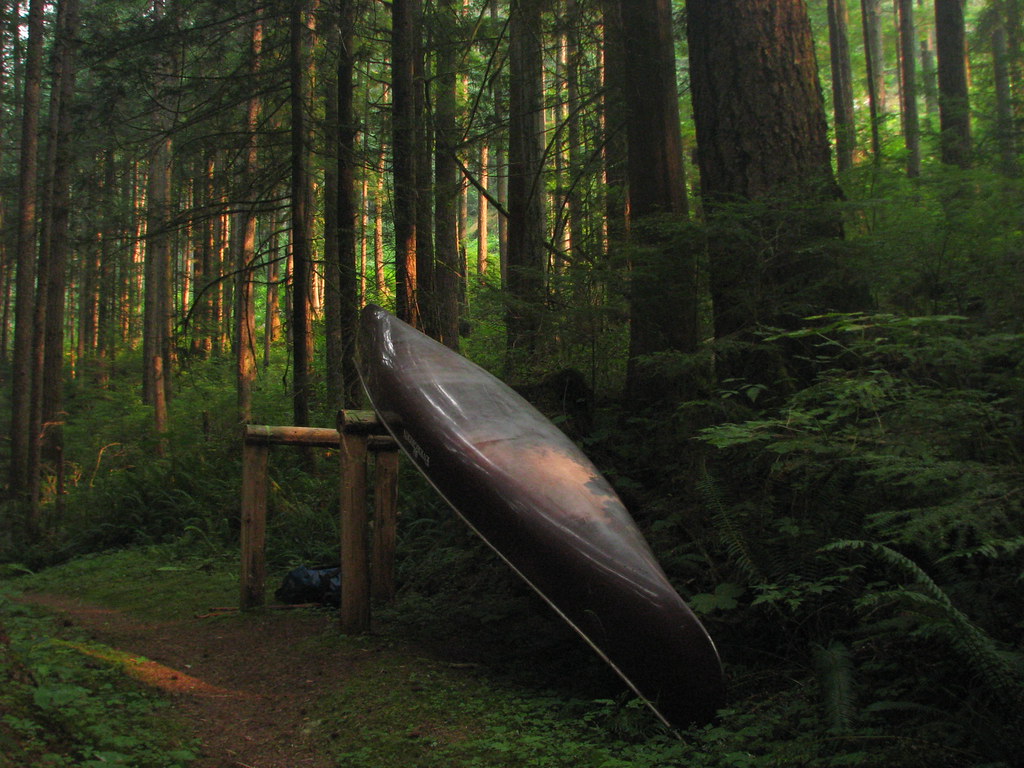David describes himself as “a very enthusiastic kid”. He loves sports and has a knack for athletics. David especially loved basketball and at his young age, he dreamed of becoming a professional basketball player.
David recounts his experience saying “one day I was fine the next I was nearly blind with complete vision loss in one of my eyes and 80% vision loss in the other.''
He had suffered a severe stroke at the age of 13 and had gone blind and had even lost the ability to speak. He describes this as feeling “subdued” and “frustrating” and even saw it as an incident which stripped him of his identity.
He could no longer do what he loved and he was confined to the sedentary existence of a hospital bed. It was a rather slow and arduous recovery. David had to relearn English and was kept out of class for months but still, he kept a positive attitude about the whole thing even amidst his ongoing identity crisis.
Once he had mostly recovered, David went back to school only to find himself “restricted to Special Ed classes” this made him feel alienated from the rest of his peers like he was taken out of the game and put on the bench for an undisclosed amount of time. This feeling only grew larger because while recovering and reintegrating into school, David had started being bullied. Not only for the way he looked but also due to the fact that he was in Special Ed classes. David was consistently met with resistance when he tried to join other kids for basketball games. “Go away lazy eye” they roared in a condescending tone.
For David, this was middle school. A time of missing identity, loneliness, and frustration.
Eventually, the bullying stopped and David grew less and less frustrated. He was still in Special Ed classes and had just sort of accepted that as his fate. One day, however, his teacher approached him about exiting remedial classes and David agreed.
“I was told no a lot of the time and people always believed that I couldn’t do stuff,” He said. David was initially nervous about it but still persevered.
He got into photography and discovered a more creative side of himself that he never knew about, and he loved that. Showing his more creative side was not the only thing David was involved in at this stage of his life. He was also apart of a nonprofit organization called the Epilepsy Foundation of Colorado (EFCO).
This organization specializes in giving kids with epilepsy a space to really be who they are while introducing them to others like themselves. David first went to the EFCO as a camper shortly after his surgery. “I thought I was the only one in the world living with epilepsy and then I went to this camp and everyone around me had it and I felt like I wasn’t so alone in the world anymore,” He fondly said, remembering his time at the camp.
David went back as a camper for a few more years until he aged out and became a camp counselor. As a camp counselor at the EFCO, he sought out to mentor the campers. He could empathize with them on a deeper emotional level because he had actually been in their shoes before. As a result, he provided a lot of support and became a role model for many young campers.
David cites the EFCO as an important time of growth in his life. “It’s how I regained my identity… through public speaking at EFCO fundraisers with crowds of 600 to 800 people I was able to help others and heal my lost identity,” he said.
David has been going to CCD since 2011 and has loved every second of it. Despite all of the roadblocks that were placed in front of him, he maintains a level of infectious optimism that I for one admire.
I know others who, given the same circumstances would have responded with anger and frustration and would have remained in a pessimistic state. It is easy to respond to a life-changing event with negative emotions, it is much more difficult to reach a place of acceptance and compassion. David is proof of that compassion. It is easy to live like you’re the center of the universe, especially in our individualistic cultural climate but this way of living stifles our growth both as a culture and as individuals. Reaching a place of understanding with others is work, but positive work worth doing.
We’re all stumbling through a vast network of people all figuring out what to do, where to go, and how to do it. Amidst all that chaos, we sometimes forget some details and distort our perceptions. We do not consider or empathize with strangers as much as we should and when faced with a difficult obstacle like David, we tend to think of ourselves and perpetuate our apathetic behavior rather than accept that we are fallible and move forward in a healthy way.
Behavior is learned but it is also chosen we choose how to act by choosing apathy over empathy we feed the never-ending cycle of anger, hate, and toxicity. By breaking this cycle we are called back to reality, realizing that everyone has a story that deserves to be told.
John Koenig sums up this concept in more concise terms.Sonder: The realization that each random passerby is living a life as vivid and complex as your own – populated with their own ambitions, friends, routines, and inherited craziness – an epic story that continues invisibly around you like an anthill sprawling deep underground, with elaborate passageways to thousands of other lives that you’ll never know existed, in which you might appear only once, as an extra sipping coffee in the background, as a blur of traffic passing on the highway, as a lighted window at dusk. – The Dictionary of Obscure Sorrows, John Koenig

